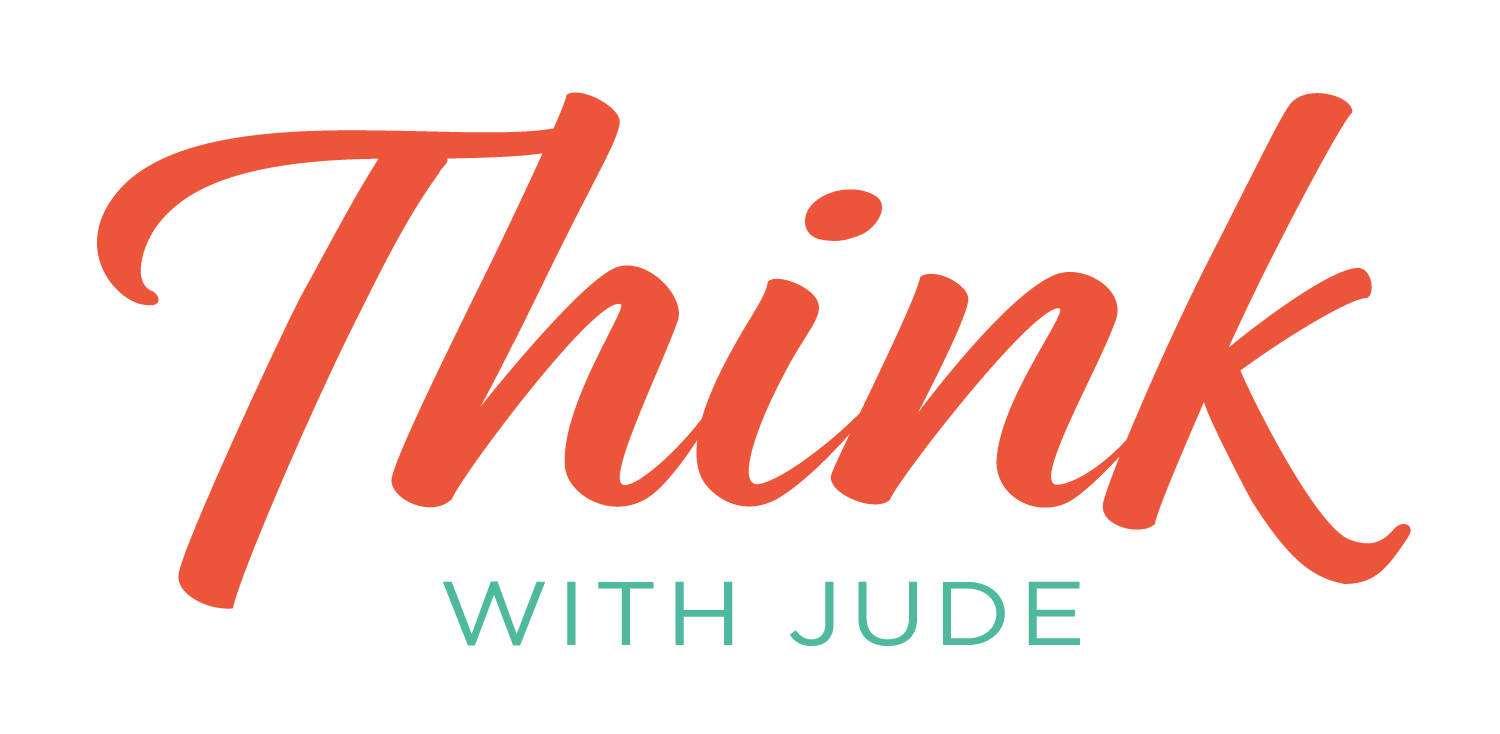What do procrastination and coaching have in common?
Did you know that in ancient Egypt there were two words for procrastination?
One meant being lazy, while the other meant waiting for the right time.
Waiting for the right time, like things don’t have to be done right now just to get them off your to do list (I’m looking at myself here!). Instead sitting on things for a while might actually lead to more creative ideas.
Procrastination can be positive
Adam Grant talks about the positive effects of procrastination on creative tasks in his book Originals. Those that go do other things before getting started on a creative problem often come up with more novel ideas. It’s because they don’t get stuck on the first idea that comes into their head, seizing and freezing, they are open to a wider range of ideas and can then choose the best one.
It’s also down to the Zeigarnik effect, we have a better memory for what is unfinished than is completed. I can tell you everything about the book I’m reading at the moment but ask me when I’ve finished it and there is very little that I remember. The brain holds on until things are finished.
And these two concepts are why coaching can work so well.
Coaching is a bit like procrastinating
I know the first idea my client comes up with is often not the most creative, it’s usually what they think they should do, or what others have told them to do, so I encourage them to explore. To explore their ideal outcome, to explore their real challenge and to say out loud anything that comes to mind. The crazier the better.
This is a kind of procrastination on finding the solution and because we ramble all over the place the connection machine that is their brain, starts to pull together pieces of what we’re exploring into the unique solution that works for them.
Of course there are those sessions where we don’t get to a solution. One of the hardest lessons for me as a coach to learn, and I’m still learning, is that not all the insights my client will come to will happen with me there. The Zeigarnik effect is very strong in coaching, when something is left unfinished the client will keep working on it and more often than not they come up with a solution and have started work on it before they see me again.
What’s in it for you?
I think it would be useful for leaders, yes you, to know this, that you don’t have to be responsible for finding the solutions for your people, only for starting the thinking process by helping them be clear on the ideal outcome and the real challenge.
And to find ways to use procrastination and the Zeigarnik effect to your advantage. You don’t need to find time to take a whole morning or day out of your week to work on something. Instead spend a few minutes getting clear on what you want and then get on with life for a bit. Come back a little while later and see where your thinking has gone to.
It’s all about waiting for the right time for ideas to emerge and if that means binging Netflix or trying to get to next level in your game then know that isn’t lazy, it’s procrastination.
PS: Weekly check-in – week 7
√on Tuesday I let this be burning 100 calories a la apple watch. I spent 12 minutes doing all manner of dumb stuff till I hit the goal, but hey it counts! ??
Pink elephants – records how often I reflect – Still not loving reflection but I had a big insight about needing to trust myself more.
58 is the number of weeks in a row I’ve written this letter!
Looking for advice and inspiration on how to thrive in your career in your inbox each Sunday?




